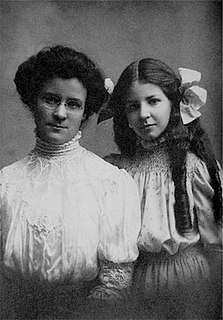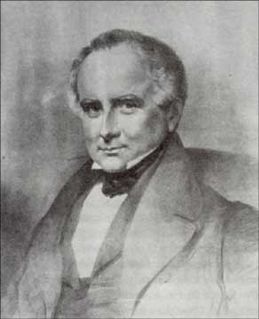A Quote by Laurie Helgoe
Extroverts are more attuned to social rewards, so they are more likely to flash a smile for effect. A notable exception are introverts - like me - whom I call "socially accessible" introverts. We have been trained well to smile and nod, which can place a burden on our processing efforts.
Related Quotes
Introverts almost never cause me trouble and are usually much better at what they do than extroverts. Extroverts are too busy slapping one another on the back, team building, and making fun of introverts to get much done. Extroverts are amazed and baffled by how much some introverts get done and assume that they, the extroverts, are somehow responsible.
Some findings reveal extroverts as more adept at reading nonverbal cues, and attribute this to the extrovert's greater interest and experience with social interactions. Another line of research using subliminal images of facial emotion found introverts to be more sensitive to the differences, and hypothesized that this may be why introverts regulate the amount of incoming social information.
the present Western civilization ... is dominated by the extravert viewpoint. There are plenty of reasons for this domination: extraverts are more vocal than introverts; they are more numerous, apparently in the ratio of three to one; and they are accessible and understandable, whereas the introverts are not readily understandable, even to each other, and are likely to be thoroughly incomprehensible to the extraverts.
While there are relatively few extreme introverts or extroverts, most of us lean in one direction or the other. If we lean more toward introversion, we'll generally prefer less social activity than more extroverted people. One inclination is not 'better' than another, but our culture can make it seem as if extroverts have a social advantage.
.. it makes sense that introverts are uniquely good at leading intiative-takers. Because of their inclination to listen to others and lack of interest in dominating social situations, introverts are more likely to hear and implement suggestions. Having benefited from the talents of their followers, they are then likely to motivate them to be even more proactive. Introverted leaders create a virtious circle of proactivity.
Introverts need to trust their gut and share their ideas as powerfully as they can. This does not mean aping extroverts; ideas can be shared quietly, they can be communicated in writing, they can be packaged into highly produced lectures, they can be advanced by allies. The trick for introverts is to honor their own styles instead of allowing themselves to be swept up by prevailing norms.
Leave an extrovert alone for two minutes and he will reach for his cell phone. In contrast, after an hour or two of being socially on, we introverts need to turn off and recharge. My own formula is roughly two hours alone for every hour of socializing. This isn't antisocial. It isn't a sign of depression. It does not call for medication. For introverts, to be alone with our thoughts is as restorative as sleeping, as nourishing as eating. Our motto: I'm okay, you're okay-in small doses.
The emphasis is on community, on participating in more and more programs and events, on meeting more and more people. It’s a constant tension for many introverts that they’re not living that out. And in a religious world, there’s more at stake when you feel that tension. It doesn’t feel like ‘I’m not doing as well as I’d like.’ It feels like ‘God isn’t pleased with me.’
Introverts tend to internalize problems. In other words, we place the source of problems within and blame ourselves. Though introverts may also externalize and see others as the problem, it's more convenient to keep the problem "in house." Internalizers tend to be reliable and responsible, but we can also be very hard on ourselves.






























